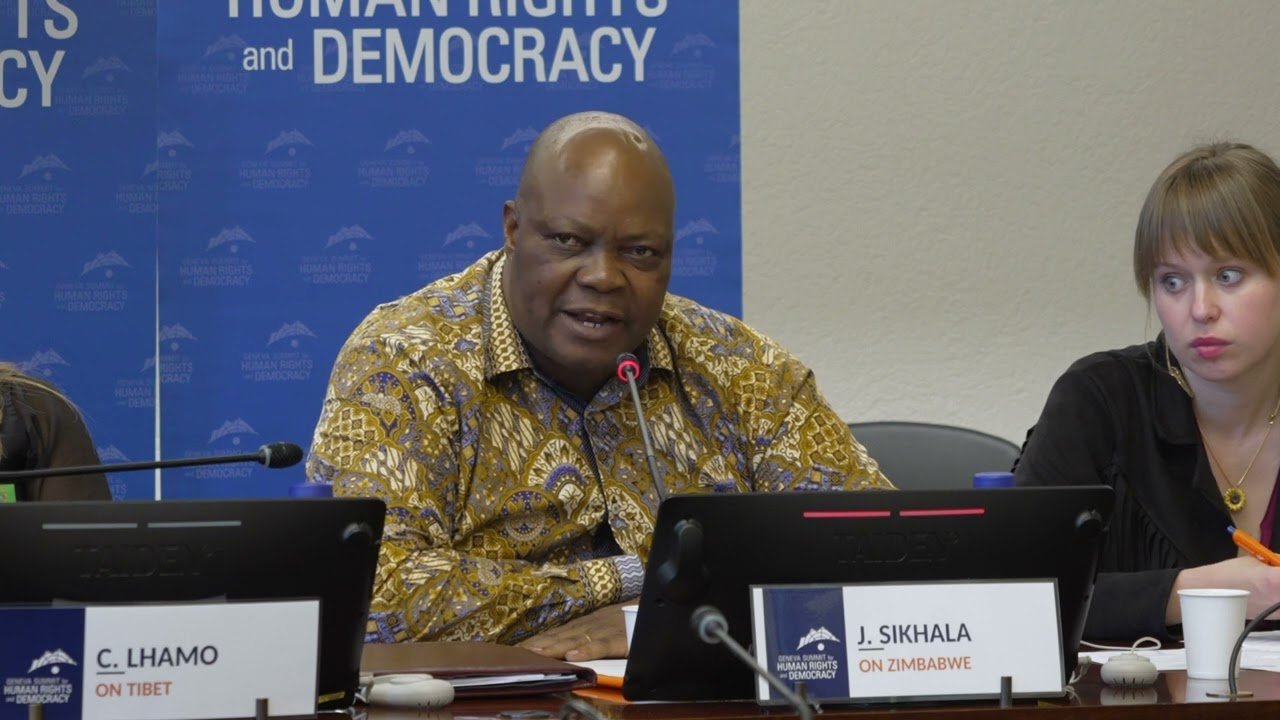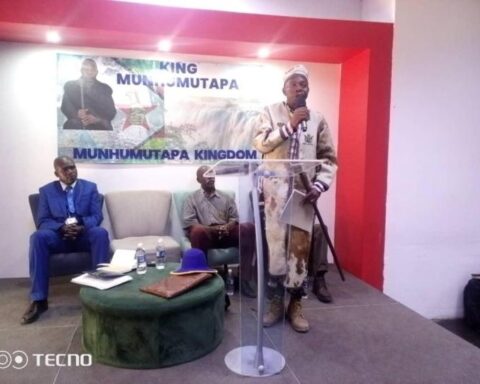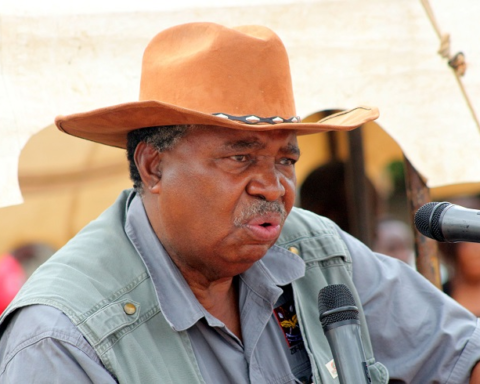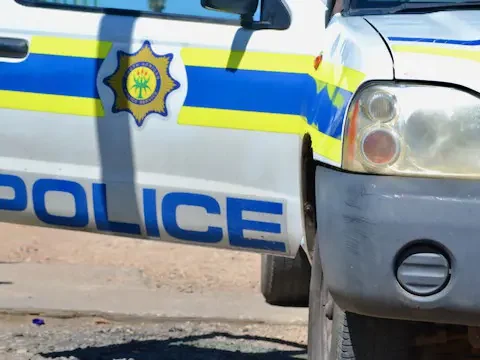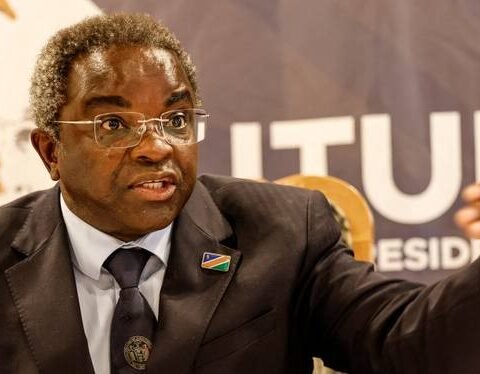Former Zimbabwean MP Job Sikhala has warned that discussing human rights in his country could land him back in prison under the newly enacted Patriotic Act.
Speaking at the United Nations’ Geneva Summit on Human Rights and Democracy, Sikhala, a former Deputy Chairperson of the opposition Citizens Coalition for Change (CCC), recounted his experiences during a 595-day pretrial detention under President Emmerson Mnangagwa’s Zanu PF government.
Sikhala claimed his arrest was politically motivated to remove him from the political arena ahead of the August 2023 general elections.
“It was the only way Zimbabwe’s corrupt regime could manipulate the 2023 elections and stop me from participating in them,” he said.
Sikhala described harsh conditions during his detention, including denial of food and visits from friends and family. He faced five trials and was convicted twice, including once under a non-existent law.
“Innocent until proven guilty does not apply to anyone who dares to stand up to Mnangagwa’s corrupt regime,” he stated.
Sikhala highlighted the Patriotic Act, passed in July 2023, as a significant threat to free speech and association in Zimbabwe. The law, an amendment to the Criminal Law Codification and Reform Act, criminalises actions deemed to harm the sovereignty and national interest of Zimbabwe.
“Under that law, I am committing a crime just by talking to you,” Sikhala said. “It is no wonder why millions of Zimbabweans have fled abroad in fear of persecution.”
The Patriotic Act includes severe penalties such as loss of citizenship, denial of voting rights, and the death penalty, raising concerns among civil society and human rights activists.
Sikhala’s speech follows similar addresses by journalist Hopewell Chin’ono and former CCC legislator Fadzayi Mahere, who have also criticised Zimbabwe’s government for its crackdown on dissent.
Khanyo Farisè, Amnesty International’s Deputy Research Director for Southern Africa, condemned the Patriotic Act: “The signing of the Patriotic Bill into an Act by the President is a grave attack on the rights to freedom of expression, peaceful assembly, and association.”
Despite recent acquittals on charges of disorderly conduct and inciting public violence, Sikhala continues to face threats of further arrests. His testimony at the Geneva Summit underscores the ongoing repression faced by opposition figures and activists in Zimbabwe.
